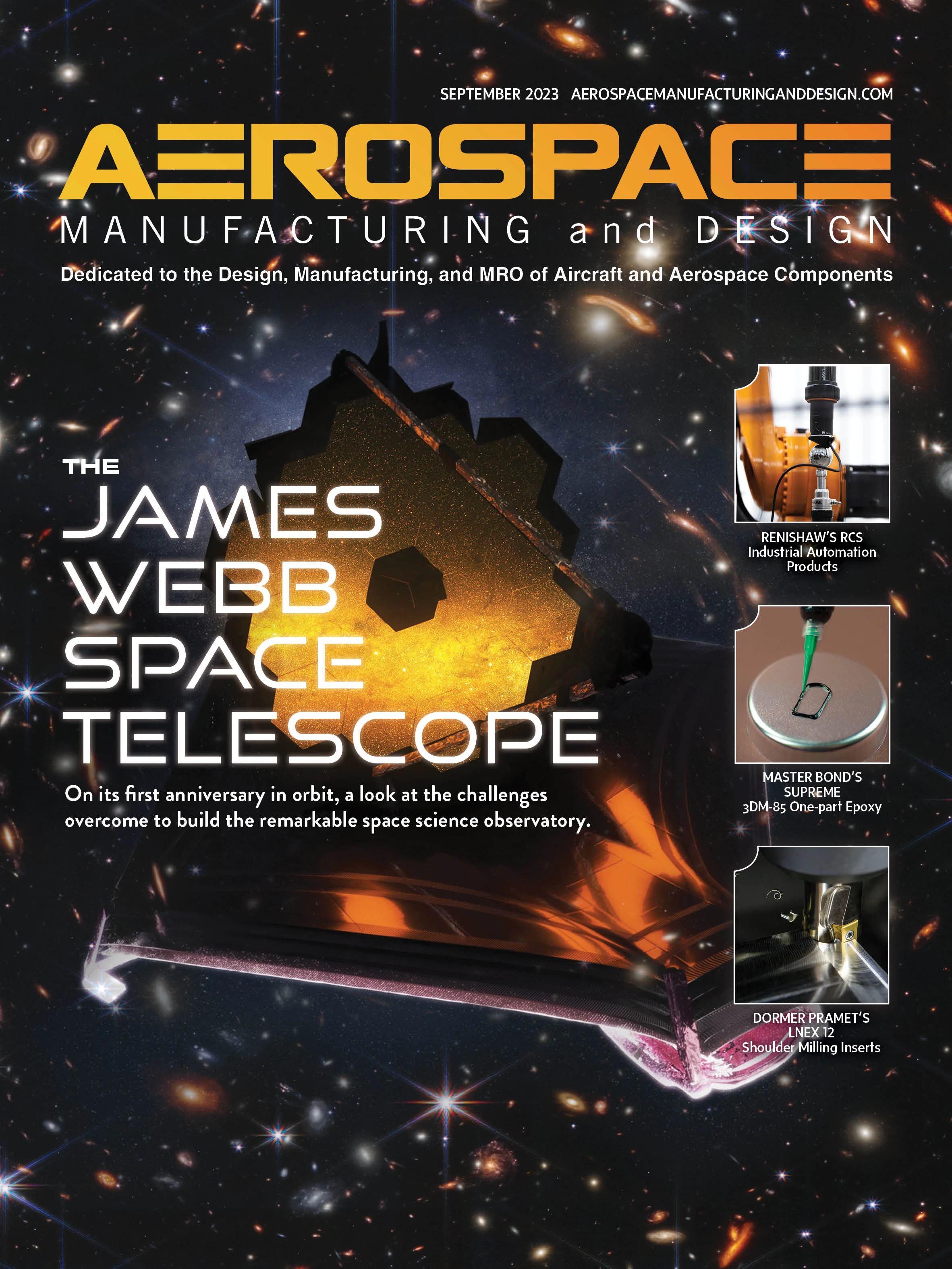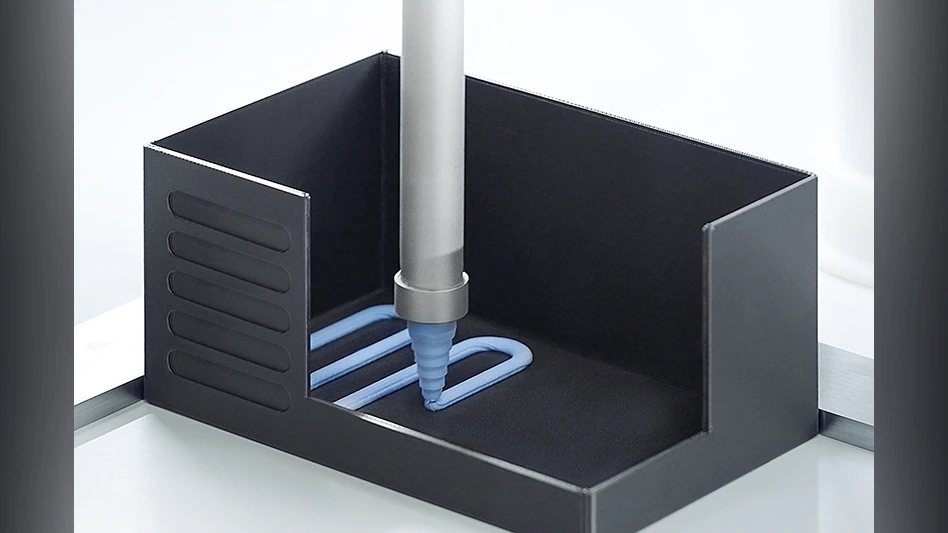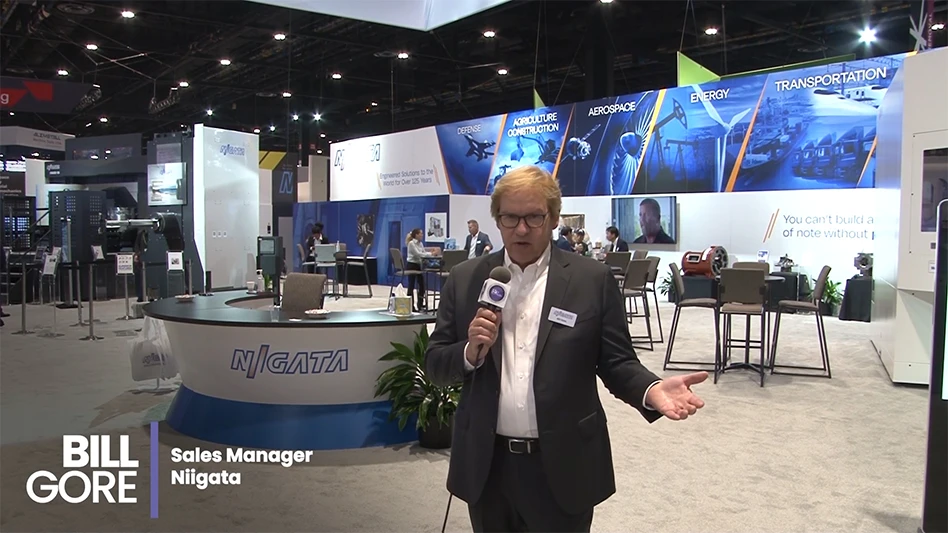
That statement contradicts everything I’ve heard about the ongoing worker shortage across aerospace manufacturing for the past 10 years. How can it be true?
“Finding talent is not as hard as attracting talent,” explains Paul Robinson, director of aerospace and defense (A&D) at Actalent, an engineering and sciences services and talent solutions firm (https://www.actalentservices.com).
“On average, an engineer is getting 34 solicitations per week,” Robinson continues. “Aerospace engineers might be getting more because the market’s so competitive right now, especially if you have a security clearance.” These numbers may be distressing to hiring managers, but the engineers know they’re wanted and can be choosy about where they work.
Robinson says recruiters must consider how they court and track talent, and once those people are hired, what they’re doing to engage them to stay. He asks recruiters, “What are you doing to be the employer of choice, so the candidate says, ‘I want to work for your company because I’ve heard people are treated well; the managers really care about their employees.’”
Robinson recommends a few strategies. “Look at what individuals expect within their job, and what has a high impact on them staying. Beyond compensation, there’s job security, but they also want clear communication about their performance, about what’s expected, and knowing their ideas are taken seriously.”
He emphasizes managers need to show they care about a new hire’s career. This may require managers to polish their people skills.
“Managers need to have active conversations with employees about how they can get better at their job and what they can do to progress to the next level.”
These dialogs can include spelling out what it takes to go from Engineer II to Engineer III, opportunities for gaining new skills, or a manager’s willingness to train a team member on software that’s going to make the employee more valuable in the workplace.
When I pointed out the last suggestion may make some managers reluctant to offer training because they could inadvertently encourage talent to leave, Robinson quickly responded: “On my desk, I have a quote from Virgin Group founder Sir Richard Branson that says ‘Train people well enough so they can leave. Treat them well enough so they don’t want to.’”
Robinson says employees will be less likely to leave if their manager makes the effort to help them develop their skill set.
Feedback is also crucial. “It’s human nature that if you don’t receive feedback, you’re going to assume things didn’t go well,” Robinson says.
Recognition for good work is ranked the number one reason to stay with a company.
“Often, you end up working on a very small piece of a huge project, never really knowing how your work is impacting the overall program. Having that recognition of ‘Your work made this happen’ makes people feel fulfilled.” – Eric

Explore the September 2023 Issue
Check out more from this issue and find your next story to read.
Latest from Aerospace Manufacturing and Design
- 2024 Favorites: #10 Article – How 3D-printed aviation parts can accelerate return to air
- 2024 Favorites: #10 News – Boom Supersonic completes Overture Superfactory
- OMIC R&D hosts Supporting Women in Manufacturing Day 2024
- 4D Technology's AccuFiz SWIR interferometer
- Seventh Lockheed Martin-built GPS III satellite launches
- KYOCERA AVX's CR Series high-power chip resistor
- UT researchers receive Air Force grant for wind tunnel
- Monticont's linear voice coil servo motor





